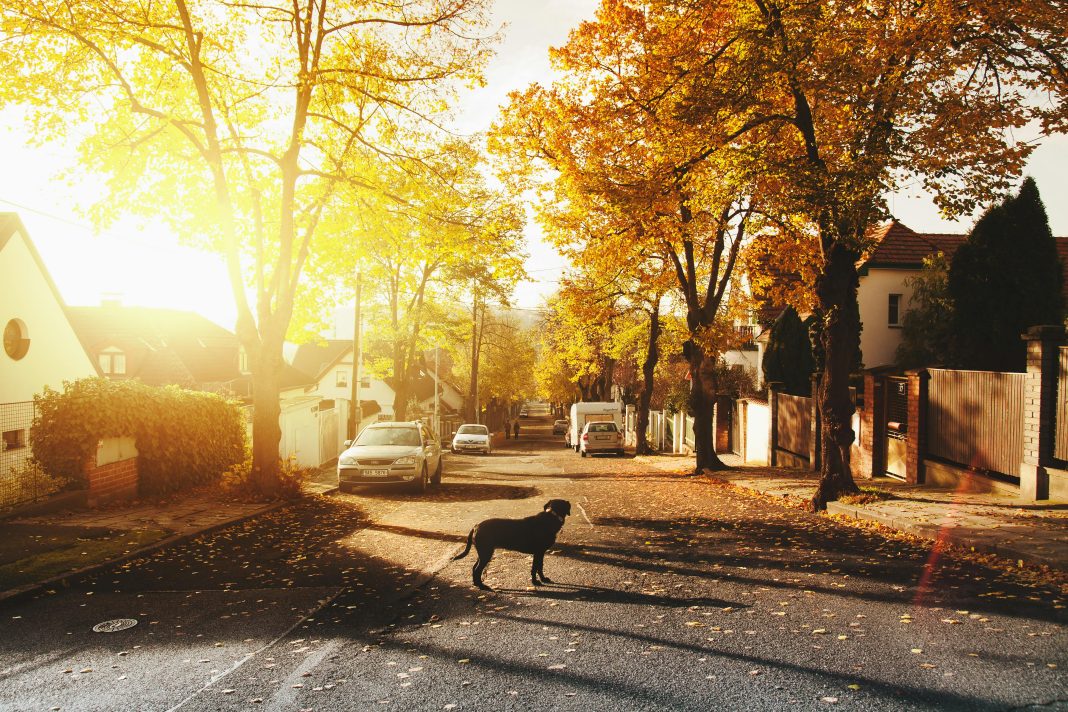By Emma Nicholls
We all want to live in neighbourhoods that feel safe, welcoming, and kind.
And yet, the days of knowing every family on the street (like in the old TV soap Neighbours) seem to be fading.
We work long work hours, have busy lives, and tired evenings. Many of us barely have time to chat over the fence.
And so while we may live close to others, many people feel increasingly isolated.
Being a neighbour today often means little more than keeping the noise down or bringing in the bins.
But what happens when we really need each other?
Jesus once told a famous story commonly called the Good Samaritan to teach people what it means to be a good neighbour (you can find it in Luke chapter 10).
A man is left beaten by the side of the road. Two people pass him by, but a third, a Samaritan (someone considered an enemy), stops to help.
Surprisingly, it’s he who tends the man’s wounds, transports him to help and pays for his care.
We often hear this as a moral tale: “Be kind, be a good person and stop to help people.”
But Jesus is doing far more than that. At the end, he asks the audience to identify who truly acted as a good neighbour.
At the heart of being a good neighbour is recognising that none of us are truly independent.
At some point, all of us will be in need. So it makes sense to offer the kind of care we’d want, if the tables were turned.
We won’t always have the time for grand gestures. But we can look out for one another and take the time to check in. Not because it’s easy or convenient, but because that’s how communities stay strong. A little kindness goes a long way. And one day, we might find ourselves on the receiving end of it too.



